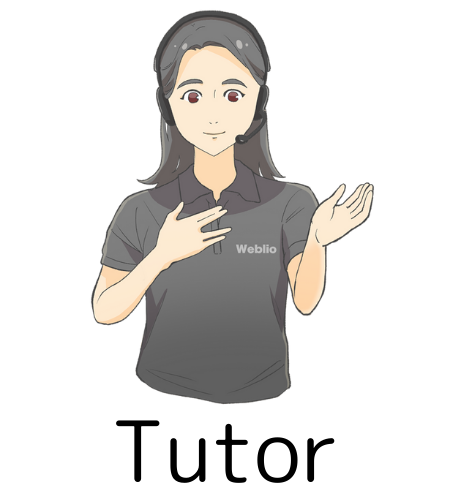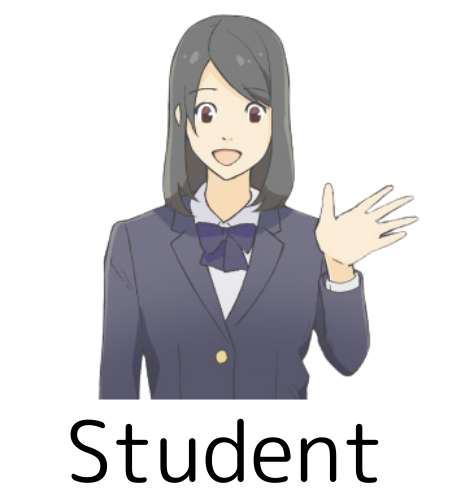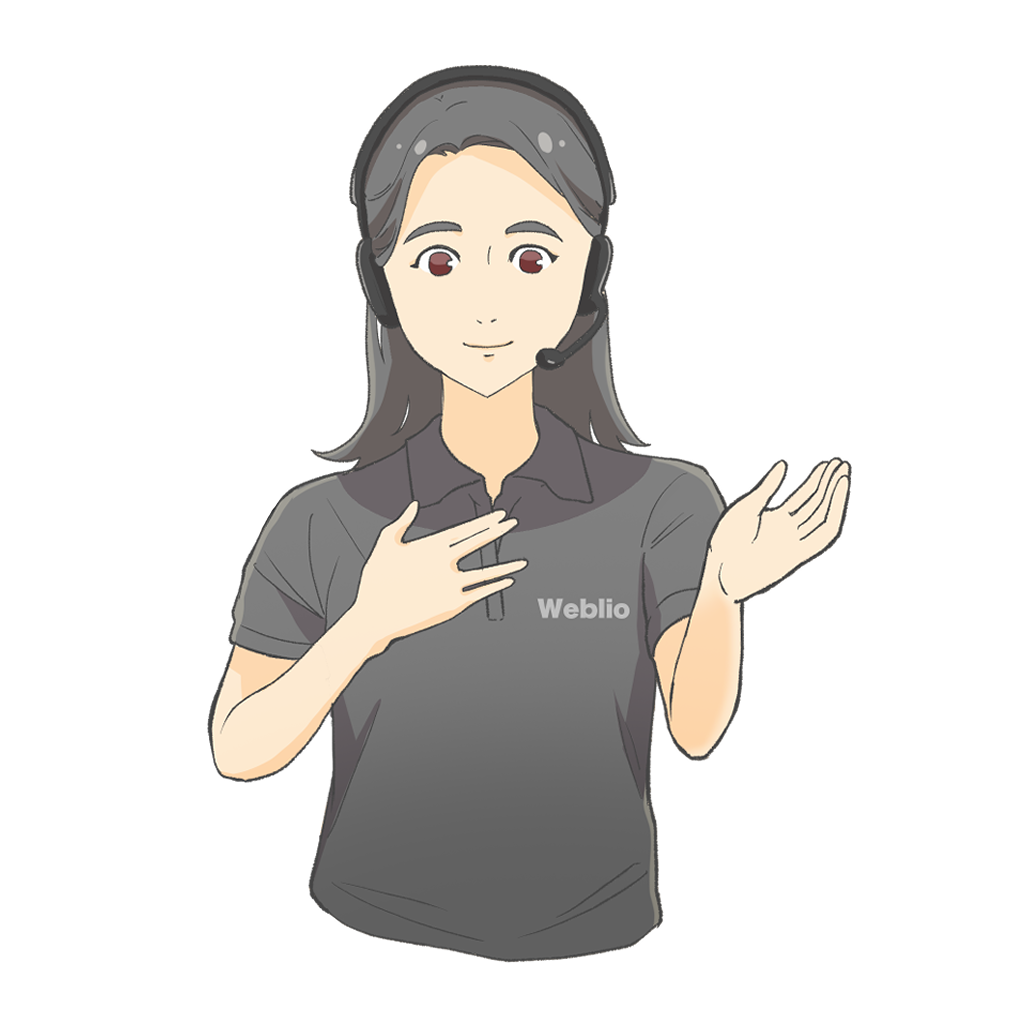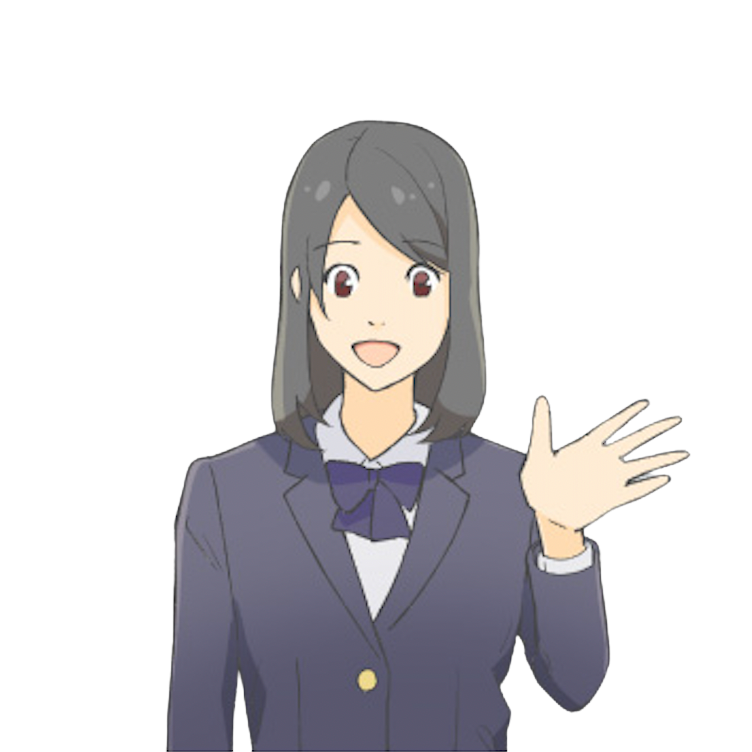Part A Advanced icebreak
Answer questions about things you have experienced recently.
Part A_1 Advanced icebreak
Let’s introduce ourselves to each other.
My name is ________. What is your name?
Part A_2 Advanced icebreak
I am ________. Nice to meet you.
Part A_3 Advanced icebreak
Nice to meet you too, ________. Let’s have advanced icebreaker questions!
Part A_4 Advanced icebreak
Please choose one topic below and I will ask you some questions.
Part A_5 Advanced icebreak
| 1. |
Excitement |
| 2. |
Sadness |
| 3. |
A “thank you” moment |
Part A_6 Advanced icebreak
Please answer each question about the topic you chose.
| 1. |
What did you/he/she/they do? |
| 2. |
Who did it? |
| 3. |
When was it? |
| 4. |
Where was it? |
| 5. |
Why did you/he/she/they do that? |
| 6. |
How was it? |
Part A_7 Advanced icebreak
Part A_8 Advanced icebreak
Awesome! Now, you will organize the points and tell me your story once more. If the question is not applicable, you may skip it.
Part A_9 Advanced icebreak
include these points: (What / Who / When / Where / Why / How)
Part A_10 Advanced icebreak
That was wonderful! Now, let us begin our lesson!
Part B Reading
Read sentences and check your pronunciation. Make sure you understand the content.
First, I will read the passage aloud. Please listen carefully.
Women’s Rights

In many countries today, women have the same rights as men. They have the right to education, equal pay, and vote. Women and men worked for many years to get these rights.
However, in some countries, those basic rights for women are still not allowed. Young girls do not have the right to education, and even if they grow up, they won’t have the right to work.
We must continue to raise our voice until every woman has equal rights.
【ヒント:日本語訳】
今日、多くの国では女性は男性と同じ権利を持っています。教育を受ける権利、平等な賃金、投票権などです。女性も男性も、これらの権利を得るために何年も取り組んできました。
しかし、いくつかの国では、これらの基本的な女性の権利はいまだに認められていません。少女たちには教育を受ける権利がなく、たとえ大人になっても働く権利を得ることができないのです。
すべての女性が平等な権利を手にするまで、私たちは声を上げ続けなければいけません。
Part B_3 Reading comprehension Q&A
Now, you will answer questions based on the passage. I will check if your sentences are complete and if your grammar is correct.
(Please send the correct answers to your student.)
Part B_4 Reading comprehension Q&A
| 1. |
What rights do women and men have equally in many countries today? |
Part B_5 Reading comprehension Q&A
Part B_6 Reading comprehension Q&A
| 2. |
In some countries, what do young girls not have? |
Part B_7 Reading comprehension Q&A
Part B_8 Reading comprehension Q&A
You did a great job answering the questions! Now, let’s review your answers.
(Please review your student’s answers by sending the correct answers in complete sentences. After that, ask your student to read aloud his or her corrected answers.)
Part B_9 Reading comprehension Q&A
Now, you will read the passage below. I will check your pronunciation and intonation.
(Please send the mispronounced words and expressions that need improvements to your student.)
Women’s Rights

In many countries today, women have the same rights as men. They have the right to education, equal pay, and vote. Women and men worked for many years to get these rights.
However, in some countries, those basic rights for women are still not allowed. Young girls do not have the right to education, and even if they grow up, they won’t have the right to work.
We must continue to raise our voice until every woman has equal rights.
That was great! Now, let’s review some words and expressions from part B_11.
(Please review the mispronounced words and expressions from part B_11.)
Part C Vocabulary
Let’s check the meaning and pronunciation of English words.
We’ll read aloud the words below. Please repeat after me. I will check your pronunciation.
(Please send the mispronounced words and expressions to your student.)
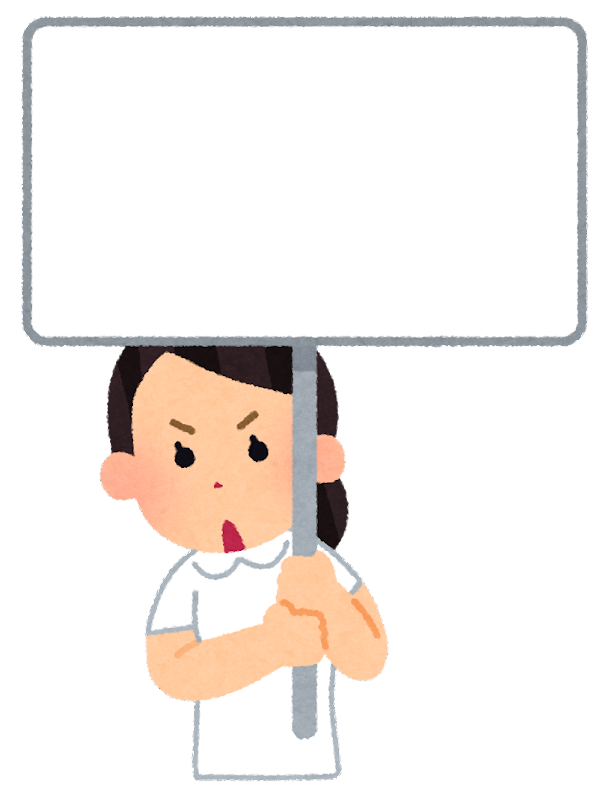
|
right
rάɪt
権利
|

|
equal
íːkwəl
等しい、平等な
|
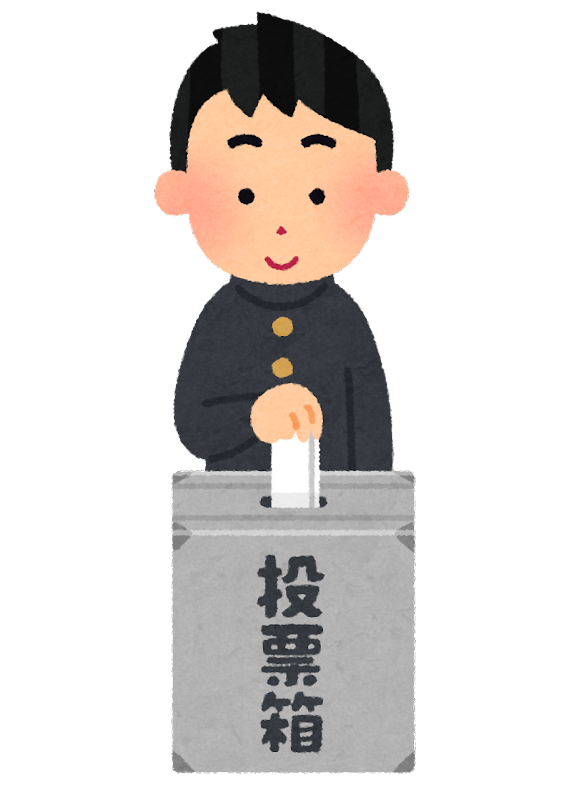
|
vote
vóʊt
投票する
|
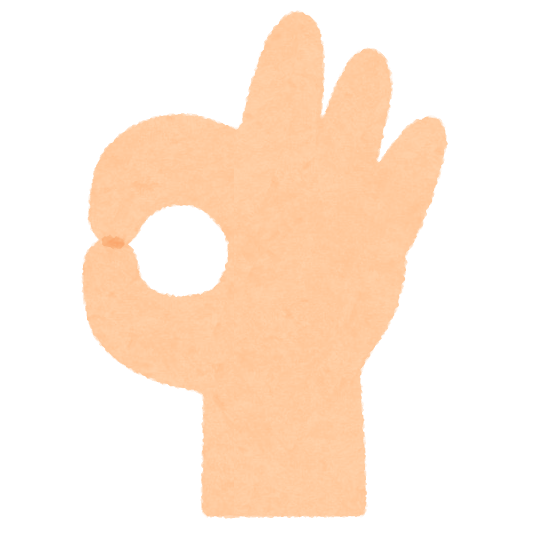
|
allow
əlάʊ
許可する
|
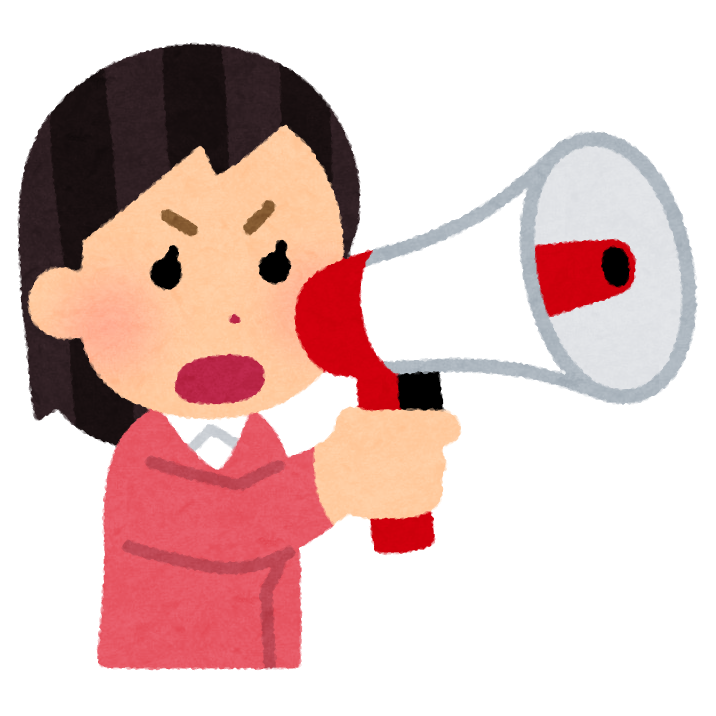
|
raise
réɪz
起こす、〈声などを〉張り上げる
|
Now, let’s review some words from part C_2.
(Please review the mispronounced words and expressions from part C_2.)
Part D Q&A
Express your opinions, assumptions, and experiences.
I will ask you the questions below. I will check if your sentences are complete and if your grammar is correct.
(Please send the mispronounced words and expressions to your student.)
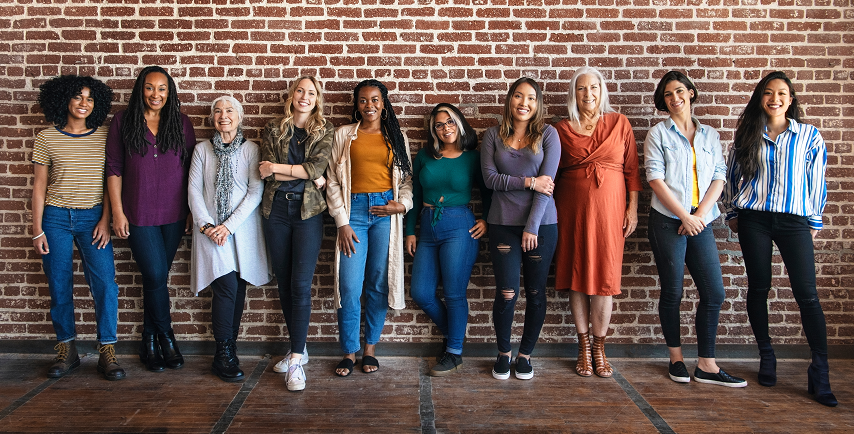
| 1. |
Do you agree that every woman in the world should have the same rights as men? |
| 2. |
What would you think if girls had no right to education in Japan? |
| 3. |
Have you ever experienced any gender differences? Please tell me about it. |
gender 性差
You answered the questions very well! Now, let’s review your answers.
(Please review your student’s answers by sending the correct answers in complete sentences. After that, ask your student to read aloud his or her corrected answers.)
Part E Picture description
Describe the picture in complete sentences.
Part E_1 Picture description
Look at the picture below. Please describe it in as much detail as you can. I will check if your sentences are complete and if your grammar is correct.
Part E_2 Picture description
Part E_3 Picture description
You described the picture wonderfully! Now, let’s review your answers.
(Please review your student’s answers by sending the correct answers in complete sentences. After that, ask your student to read aloud his or her corrected answers.)
Part E_4 Picture description
Part F Role play
Talk about the following situations.
Let’s do a role play with the given situations. You should mention the items below during the conversation.

| Situation 1: |
You and your friend are discussing the similarities and differences between girls and boys. Tell him/her what you think.
(Your tutor will pretend to be your friend.)
|
| Items to mention: |
– similarities
– differences
– if differences have nothing to do with the right to education
similarity 類似点
|

| Situation 2: |
You are going to give a presentation to your class about women’s rights. Present it to your classmates about the current situation in some countries.
(Your tutor will pretend to be one of your classmates.)
|
| Items to mention: |
– rights that young girls do not have
– rights that they do not have even if they grow up
– what people must do
|
Your answers were fantastic! Now, let’s review your answers.
(Please review your student’s answers by sending the correct answers in complete sentences. After that, ask your student to read aloud his or her corrected answers.)
Part G Challenge part
Answer more challenging questions freely.
I will ask you the questions below. I will check if your sentences are complete and if your grammar is correct.
| You will get the right to vote when you turn 18.
|
| 1. |
Will you go to vote? |
| 2. |
Why or why not? |
| Tell me the roles of your family members. |
| 1. |
What do your parents do? |
| 2. |
Who does the most housework in your family?
Who usually cooks?
Do you help with the housework? What housework do you do? |
Part H Tips for future practice
Give tips for a practice after the lesson.
Part H_1 Tips for future practice
Please keep these things in mind after the lesson and practice!
Part H_2 Tips for future practice
1日の終わりに今日の出来事をつぶやいてみよう。
たくさん話すためには?
■ いつ、誰とどこで何をしたのか伝えよう。
■ それをしてどう感じたか、なんでそう感じたのかも伝えるよう意識しよう。
例)
I took an online lesson with Ellen at my house today.
(what/who/where/when)
It was fun to talk with Ellen because her hobby was the same as mine.
(how/why)
